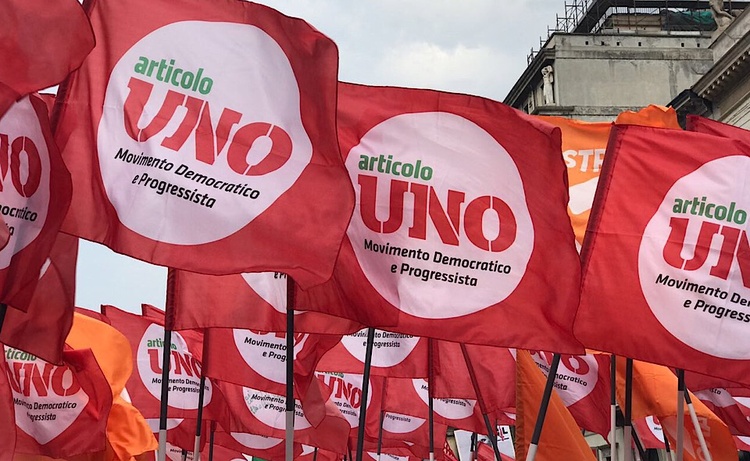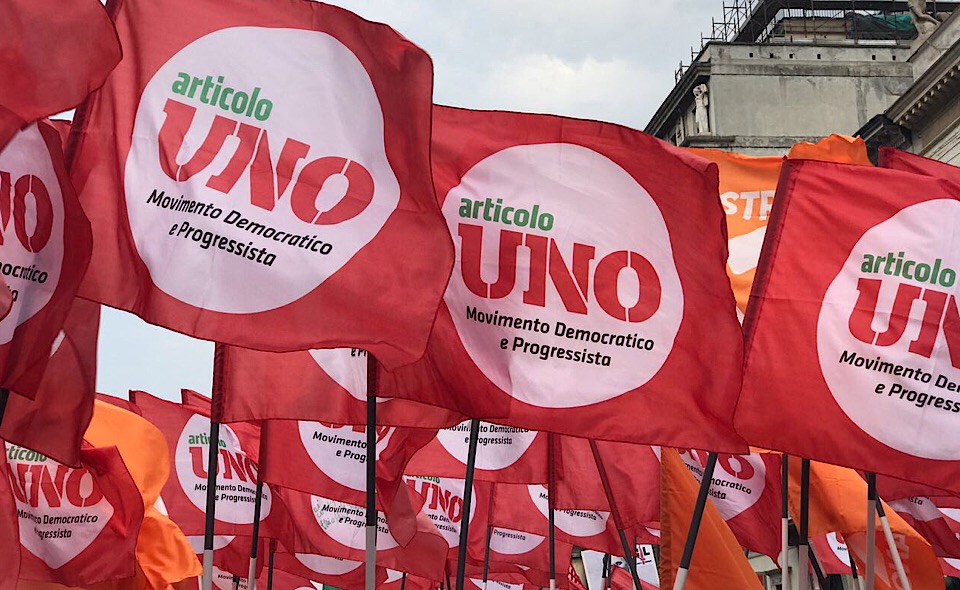The League and the Five Star Movement (M5S) remain well divided in the second round of local elections that will take place across the nation from Sunday, June 24, to determine the mayors and councils of 75 cities, each of which have more than 15,000 residents.
In Terni, the candidate running for the M5S, Thomas De Luca, will challenge the League’s Leonardo Latini, who is in the lead after the first round of elections.
There are only eight cities in total that the M5S will run in, including: Avellino, where the movement will challenge the centre-left; Ragusa, where it will battle it out against the candidate for Brothers of Italy (FdI), Peppe Cassì and where the centre-right has completely spilt; and Imola, which has been governed by the centre-left for 25 years.
The centre-right is leading the race in 29 cities after the first round of elections.
However, when it comes to the centre-right, the increasingly acute divisions at a national level are also reflected in a local context in most cases.
There will be many battles within the right-wing coalition itself, including in Messina and in Imperia, where former minister Claudio Scajola will challenge Luca Lanteri, the candidate supported by the city’s governor, Giovanni Toti.
The coalition is also divided in Ragusa, where it will go up against the M5S, and Siracusa, where the centre-right candidates will battle it out against those of the centre-left without the official support of their allies.
There will be a traditional battle between the left and right in Sondrio, Ancona, Teramo and Brindisi.
Meanwhile, the centre-right will go head-to-head with fierce local parties in Viterbo and Siracusa.
It seems that the centre-left is fighting for its survival, after suffering from deep splits in recent years, particularly in Tuscany, where it is uniting to try and defend its last remaining strongholds and halt the spread of the League in central Italy.
Having previously lost the battle to the centre-right in Grosseto, Arezzo and Pistoia, and to the M5S in Livorno and Carrara, the centre-left has decided to put its differences aside and unite around the candidates running in Pisa, Massa and Siena, where the Democratic Party (PD) reached historic lows in the June 10 elections.
The centre-left is ahead in 20 municipalities.
Aside from Siena and Massa, it also heads into the second round of elections in the lead in Ancona and Avellino.












